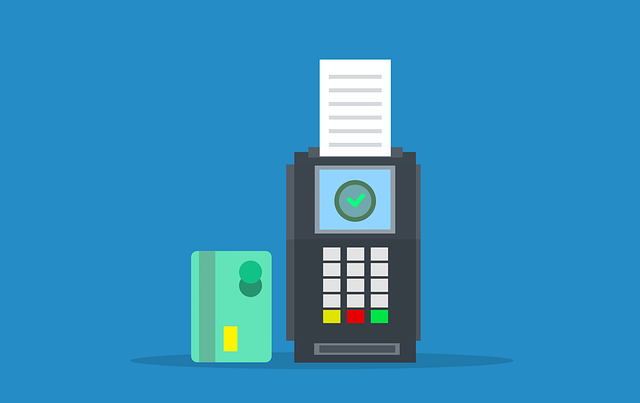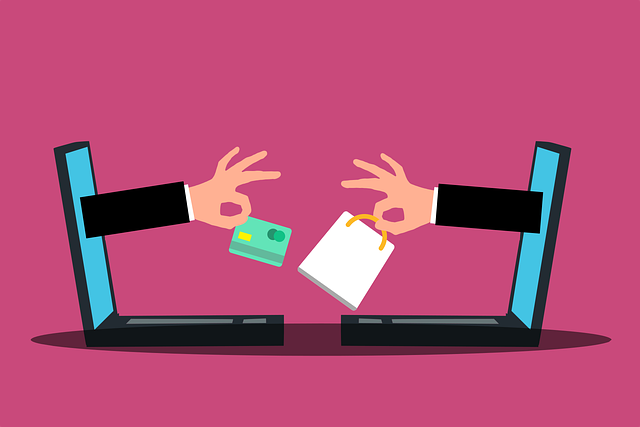In today’s fast-paced digital world, credit cards have become integral to our lives. They offer convenience, flexibility, and the ability to make purchases without carrying cash. However, like any financial tool, credit cards have advantages and disadvantages. In this article, we will delve into the benefits and drawbacks of credit cards in India, helping you make informed decisions about their usage.

Advantages of Credit Cards
1. Convenience and Ease of Use
Credit cards provide a convenient and secure way to make transactions, eliminating the need to carry cash and worry about currency denominations. They can be used for online shopping, travel, and everyday purchases, making life more convenient.
2. Building Credit History
Using a credit card responsibly helps establish a credit history. Timely payments and responsible credit utilization can boost your credit score, which is essential for future loan applications or other credit-related activities.
3. Rewards and Perks
Many credit cards come with rewards programs that offer cashback, discounts, airline miles, or loyalty points. By using credit cards strategically, you can earn rewards and enjoy additional benefits on your purchases.
4. Emergency Fund
Credit cards serve as a safety net during emergencies when immediate funds are required. They can provide temporary financial relief until you can arrange alternative financing options.
5. Access to Credit
Credit cards offer access to a predetermined line of credit, providing financial flexibility when needed. This can be particularly useful for managing fluctuating expenses or unexpected costs.
6. Improved Security
Credit cards offer enhanced security compared to cash transactions. In case of theft or loss, you can report your card and prevent fraudulent charges. Additionally, many credit cards provide additional security measures, such as PINs and chip technology.
7. Online Shopping
Credit cards are essential for online shopping, as they offer a secure payment method. They provide an extra layer of protection against fraudulent activities, and some cards even offer virtual card numbers for enhanced security.
8. Record Keeping and Budgeting
Credit card statements provide detailed records of your expenses, helping you track your spending and manage your budget effectively. This can benefit personal finance management and identify areas where you can save money.
9. Access to Exclusive Offers
Certain credit cards provide access to exclusive offers, discounts, and privileges. These can include access to airport lounges, concierge services, or special discounts with partner merchants.
After the advantages, let us move to the disadvantages of Credit Cards:
Disadvantages of Credit Cards
1. High-Interest Rates
One of the significant disadvantages of credit cards is the high-interest rates (35%~40%) charged on outstanding balances. If you fail to pay your credit card bills in full and on time, the accumulated interest can quickly become a financial burden. It’s crucial to understand the interest rates associated with credit cards and manage your expenses accordingly.
2. Debt Accumulation
Credit cards make it easy to overspend and accumulate debt. The availability of credit can create a false sense of financial security, leading to impulsive purchases and exceeding your budget. If credit card balances are not managed wisely, they can quickly spiral out of control, resulting in a cycle of debt and financial stress.
3. Hidden fees
Credit cards often come with various fees, such as annual fees, late payment fees, cash advance fees, and foreign transaction fees. Before choosing a credit card, it’s important to carefully review the fee structure and understand the potential costs involved.
4. Impact on Credit Score
While responsible credit card usage can help build a positive credit history, misuse or late payments can harm your credit score. A low credit score can limit your access to future credit options and affect your financial credibility.
5. Temptation to Overspend
Credit cards can tempt individuals to spend beyond their means. The ease of swiping a card can lead to impulsive buying decisions, resulting in unnecessary expenses and financial strain. It’s crucial to practice disciplined spending habits and avoid excessive reliance on credit.
6. Minimum Payment Trap
Credit cards typically require a minimum monthly payment. While it may seem convenient to pay only the minimum amount due, this can lead to long-term debt accumulation. By paying only the minimum, you’re charged interest on the remaining balance, prolonging the time it takes to clear the debt.
7. Risk of Fraud and Identity Theft
Credit card fraud and identity theft are constant risks in the digital age. Hackers and criminals may attempt to steal credit card information or make unauthorized charges. It’s important to monitor your credit card statements regularly, report any suspicious activity promptly, and take necessary precautions to protect your personal information.
8. Impact on Financial Discipline
Credit cards can sometimes hinder financial discipline. It’s easy to lose track of your spending when relying heavily on credit. Without careful monitoring and budgeting, credit card usage can lead to financial instability and difficulties in achieving long-term financial goals.
9. Potential for Impulse Buying
The convenience of credit cards can lead to impulsive buying decisions. With just a swipe or a tap, you can make a purchase without immediate financial consequences. This can result in accumulating unnecessary items or expenses that may not align with your long-term financial goals.

Conclusion
Credit cards offer several advantages, including convenience, rewards, and access to credit. They can be beneficial when used responsibly, helping build credit history and providing financial flexibility. However, it’s important to be aware of the potential drawbacks, such as high-interest rates, debt accumulation, hidden fees, and the risk of overspending. By understanding both the advantages and disadvantages of credit cards in India, you can make informed decisions, use credit cards wisely, and maintain financial stability.
If you liked this article, then feel free to share it with your family, friends, and peers. Do subscribe to us for new reads.



